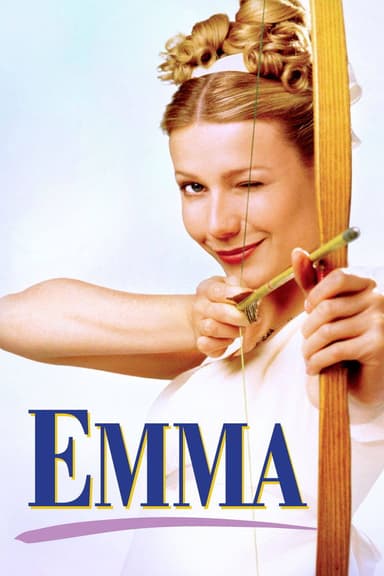
Mansfield Park
1999 • Drama, Romance • PG-13
Fanny Price is sent to live with her wealthy relatives, the Bertrams, where she is treated poorly by most except her cousin Edmund. Her life is complicated by the arrival of the worldly Mary and Henry Crawford.
Runtime: 1h 52m
Why you should read the novel
Jane Austen’s "Mansfield Park" is a masterpiece of subtle social observation and intricate character development. The novel offers a nuanced look at morality, class, and personal growth, inviting readers to experience Fanny Price’s journey firsthand. Rather than relying on visual adaptation, reading the novel allows for a deeper connection with Austen’s wit and narrative style.
The original text presents Fanny as a quietly resilient heroine, whose steady virtue and insight cannot be fully appreciated in a film’s condensed runtime. Austen's language, irony, and complex relationships are best savored in the context of her written work, revealing layers of meaning that adaptations often gloss over.
By choosing the book, readers immerse themselves in the social realities of Regency England, gaining an understanding of its manners and constraints. Austen’s careful depiction of internal conflict and societal expectation resonates even today, making "Mansfield Park" rewarding beyond its plot or period setting.
Adaptation differences
One of the main differences in the 1999 adaptation is the characterization of Fanny Price. In the novel, Fanny is shy, passive, and morally steadfast, while the film reimagines her as outspoken, witty, and assertive, borrowing heavily from Jane Austen’s own biography and letters. This shift makes her more relatable to modern audiences but strays significantly from the source material’s depiction.
The film injects themes of slavery and exploitation at Mansfield Park far more explicitly than the book. While Austen alludes to Sir Thomas Bertram’s Antigua estate and the realities of colonialism, the adaptation brings these issues to the fore, including direct imagery and dialogue, in an attempt to modernize the social critique.
Another notable discrepancy is the romantic dynamic between Fanny and Edmund. In the novel, their relationship develops gradually, intertwined with subtle emotional growth and realization. The movie, in contrast, speeds up their connection and amps up romantic tension, sometimes at the expense of subtlety and authenticity.
Additionally, several characters are simplified or adapted to fit the narrative arc of the movie. For example, Mary Crawford is portrayed with less nuance and more villainy, and elements of satire and moral complexity in the book are often condensed or omitted entirely. This results in a bolder but less layered interpretation, altering the tone and depth of Austen’s original work.
Mansfield Park inspired from
Mansfield Park
by Jane Austen
















